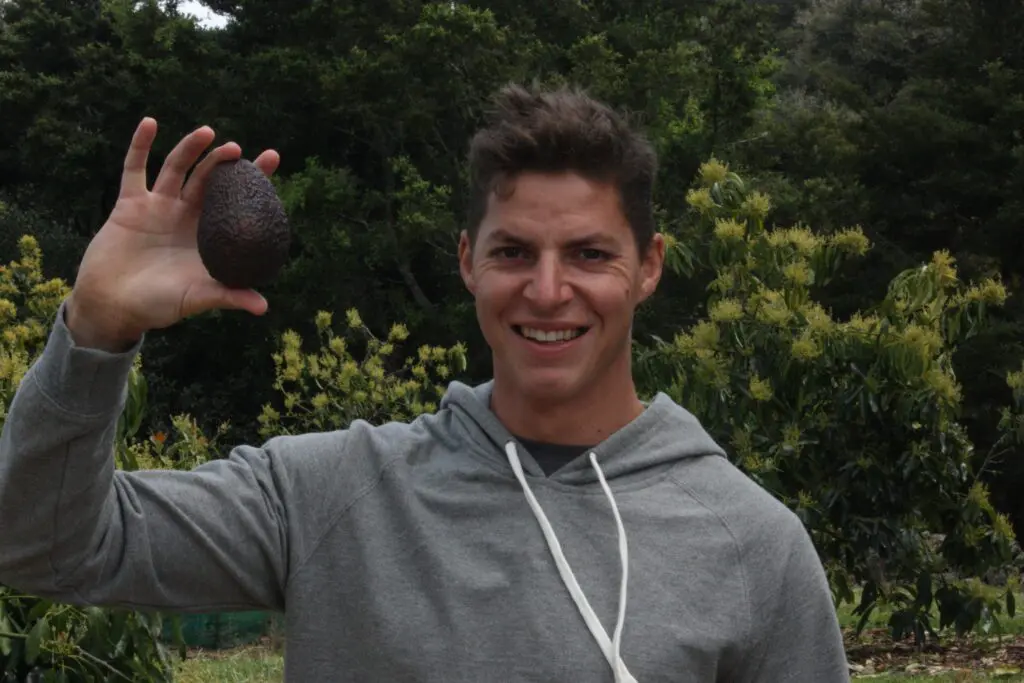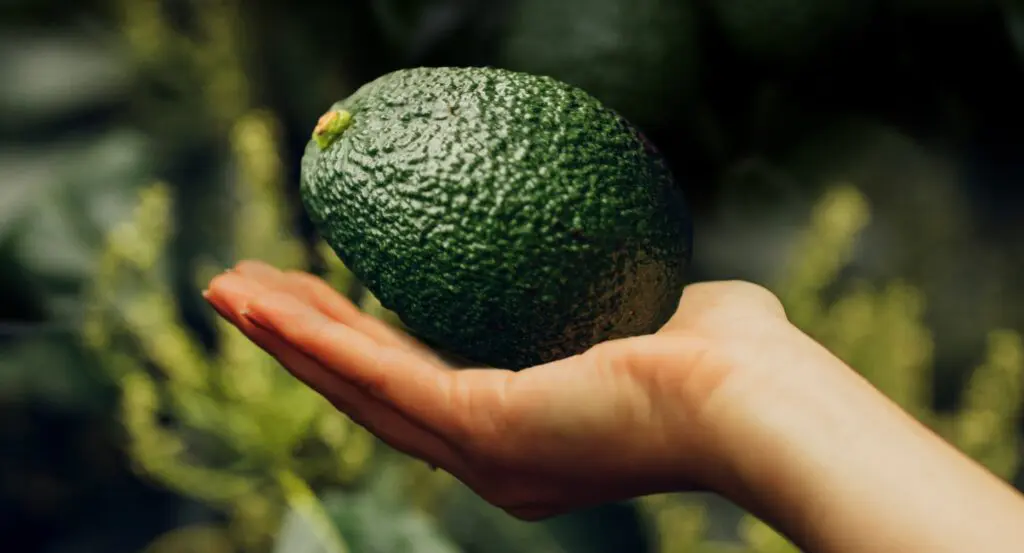Orchardists commit to succession planning
Scott Neeley from Rural Coach explores succession planning pathways for growers and their families. This article is taken from the Spring 2022 Avoscene.
As an industry, we’re now seeing first-generation orchardists moving off their orchards and into retirement.
For orchardists with well-considered succession plans, the handover or exit process can be relatively straightforward with family relationships held intact. For those who haven’t planned or there’s been a sudden event that’s catalysed a change at ownership level, the succession process has the potential to be fraught, resulting in family tension and distress.
“What these scenarios tell you is that you can never start succession planning too early,” says Scott Neeley, a Rural Coach Partner. “We all think we’re invincible and that our family is tight. We also think we’ve got time on our side and that any handover will be plain sailing for our family with an unspoken and agreed understanding in place to cover all scenarios.”
But no-one really considers a sudden death or a divorce, or the possibility there’s no-one from the next generation who wants to return to the orchard and take over from their parents.
“Suddenly, what was anticipated to be a straightforward process becomes fraught with issues and emotions. Family relationships are put under tremendous stress, and this can lead to irrevocable damage as things are said in the heat of the moment without any filters or controls in place.”
Hence the emerging role of the Rural Succession Coach. Rural coaches are there to help rural families work through the succession process as smoothly as possible. They might also facilitate business and strategic planning, with succession planning being a critical aspect of that overall process.
Orchardists John and Raewyn and Aidan and Liz Bourke from Te Puke have been through the succession planning process with Rural Coach and cannot speak highly enough about how a coach has helped them.
John Bourke reflected that, in terms of what he wanted to get out of it when he started, it was about making sure there was no family animosity when he and his wife “fell off the perch”, so to speak. “A lawyer once said to me ‘you can’t rule from the grave, but while you’re still here, you can make sure that you’ve got things right’. That really sparked a light for Raewyn and I, and it spurred us into action to make sure we got things done properly so things were fair and equitable for both our children and their families, because they too had made sacrifices to get the family business to where it is today.”
John and Raewyn’s son Aidan was equally enthusiastic. “Using an experienced third party was the best decision, because they focused on everything at a holistic level – which meant not just looking at the legal and financial aspects of the family business, but also getting us to talk about the social, psychological, and environmental things that were important to us.”
“I found that side of it really interesting as it opened my eyes to hear the answers from each person in our family, and it made it a lot easier to make decisions that took into account everyone’s views and priorities,” says Aidan.
Scott from Rural Coach says the ‘deep dive’ is often the most insightful part of the process for growers and their families. “The discovery period is perhaps the most eye opening phase of all in the succession planning process. Every family member is asked to complete a questionnaire independently and we then go through their responses to ensure we understand their thoughts and aspirations.”
“I’ve seen families completely blown away by what is captured about those who are closest to them. Sometimes there’s laughter and sometimes there’s tears, as we discuss what people are looking for next, but there’s universal acknowledgement that the opportunity to have these conversations in a safe manner is profound and often unprecedented in their family history.”
Once these conversations have been had, the foundations are there for an inclusive plan that outlines how the financial side and the knowledge of the business will be transferred in a way deemed fair to everyone. Communication is key and once decisions are made, they are agreed upon, documented, monitored and reviewed. In terms of outcome, no two plans will be the same, but what always holds true is that the more time invested into it, the better the outcome.
If you’re considering succession planning for your orchard, Scott’s advice is to focus on three key and interrelated areas:
- the needs and aspirations of all family members
- the sustainability of the business
- the transition of assets
To find out more about succession coaching, visit www.ruralcoach.co.nz



